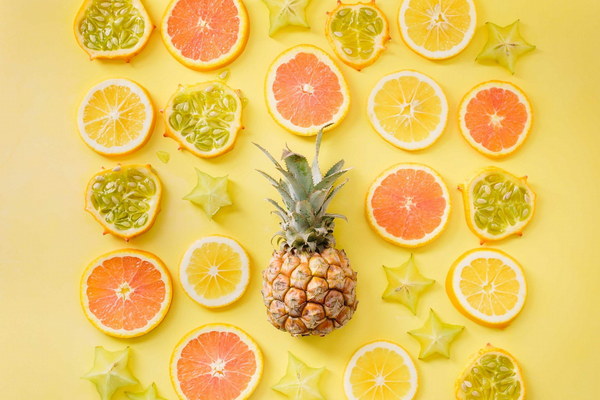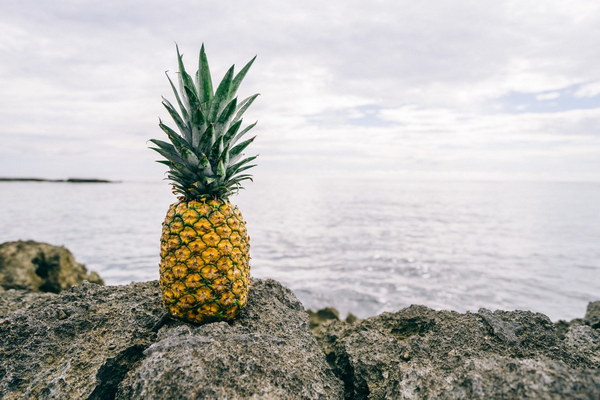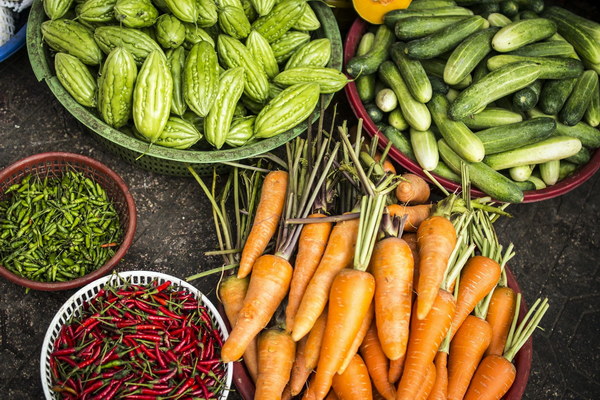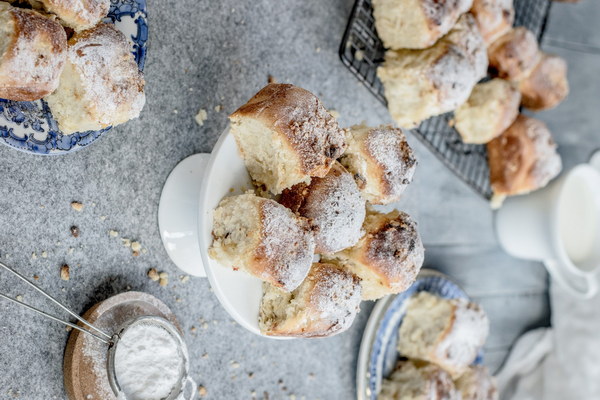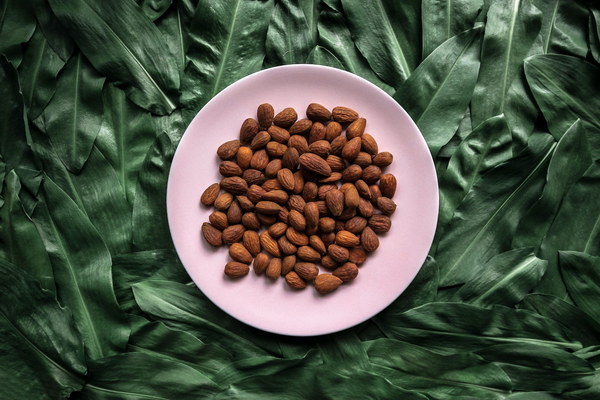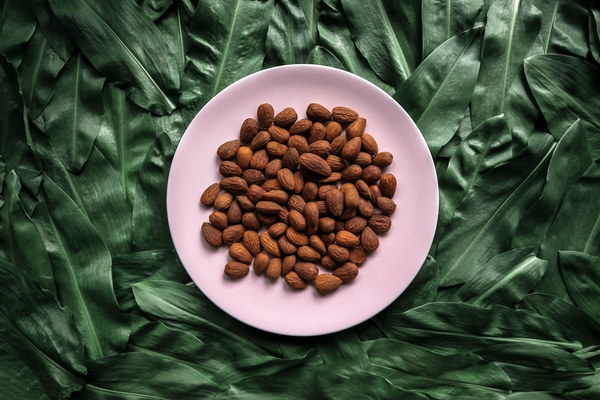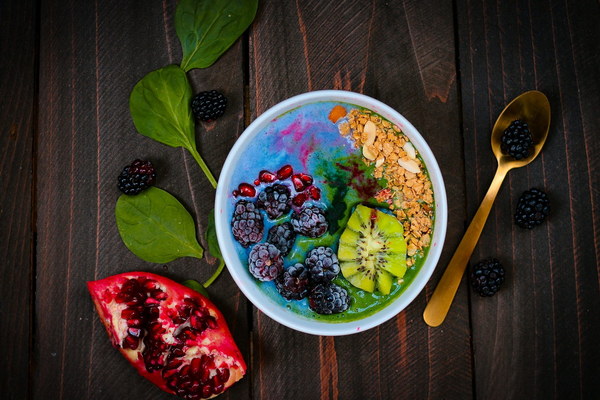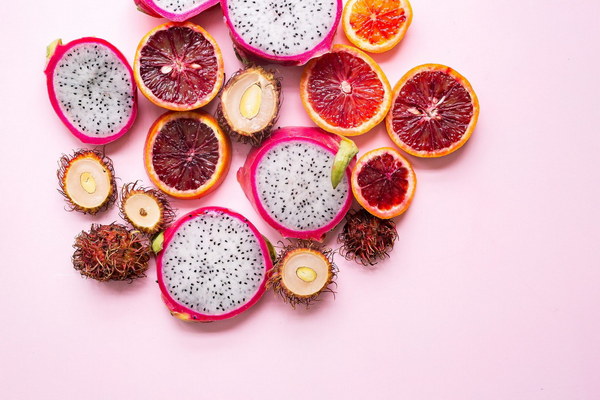Harmonizing Your Digestive Health The Art of Traditional Chinese Medicines Internal Stomach Nourishment
In the realm of holistic health, traditional Chinese medicine (TCM) stands as a beacon of wisdom, offering a unique perspective on internal health and wellness. One of the key focuses of TCM is the internal nourishment of the stomach, a process that aims to balance the body's internal environment, promote digestion, and support overall health. This article delves into the world of TCM and explores the art of internal stomach nourishment through the use of herbal remedies and dietary adjustments.
The stomach, in TCM, is considered a central organ, playing a crucial role in digestion, nutrient absorption, and the production of Qi (vital energy). When the stomach is functioning optimally, the body can effectively process food and extract essential nutrients, leading to enhanced health and vitality. However, when the stomach is out of balance, it can lead to a variety of issues, including indigestion, bloating, and fatigue.
TCM views the stomach's imbalance as a result of various factors, including diet, lifestyle, and emotional stress. To address these underlying causes, TCM practitioners use a combination of herbal remedies, dietary guidelines, and lifestyle modifications to restore the stomach's harmony.
Herbal Remedies:
TCM employs a wide range of herbs to nourish and balance the stomach. Some of the most commonly used herbs include:
1. Gan Cao (Licorice Root): Known for its sweet, soothing properties, Gan Cao helps to harmonize the stomach and improve digestion. It is often used in combination with other herbs to alleviate symptoms such as bloating, gas, and acid reflux.
2. Baical skullcap (Scutellaria baicalensis): This herb has anti-inflammatory and antioxidant properties, making it effective in treating stomachaches, indigestion, and other digestive issues.
3. Bai Zi Ren (Biota Seed): Bai Zi Ren is used to treat diarrhea, bloating, and other stomach problems. It helps to tonify the spleen and improve digestion.
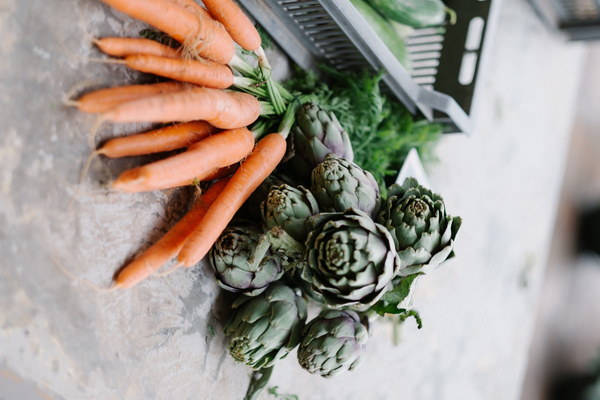
4. Chuan Xiong (Ligusticum Chuanxiong): Chuan Xiong is known for its ability to move Qi and blood, which can help alleviate pain, bloating, and other symptoms associated with stomach imbalance.
Dietary Adjustments:
In addition to herbal remedies, TCM emphasizes the importance of diet in maintaining stomach health. Some dietary guidelines include:
1. Eat in Moderation: Overeating can overwhelm the stomach, leading to indigestion and other issues. It's essential to eat in moderation and avoid overindulging.
2. Choose the Right Foods: TCM suggests consuming foods that are easy to digest, such as soups, stews, and steamed vegetables. It's also important to avoid cold, raw, and spicy foods, as they can disrupt the stomach's balance.
3. Balanced Diet: A balanced diet that includes a variety of nutrients can support stomach health. This includes lean proteins, whole grains, and plenty of fruits and vegetables.
Lifestyle Modifications:
Lifestyle factors also play a significant role in the health of the stomach. Some lifestyle modifications to consider include:
1. Regular Exercise: Regular physical activity can help improve digestion and reduce stress, which can contribute to stomach problems.
2. Stress Management: Chronic stress can affect the stomach's function. Techniques such as meditation, yoga, and deep breathing exercises can help manage stress levels.
3. Adequate Sleep: Lack of sleep can disrupt the body's natural balance, including the stomach's function. Aim for 7-9 hours of quality sleep each night.
In conclusion, the art of internal stomach nourishment in TCM is a comprehensive approach that encompasses herbal remedies, dietary adjustments, and lifestyle modifications. By addressing the underlying causes of stomach imbalance, TCM can help restore harmony to the body, leading to improved digestion, increased energy, and overall health and well-being.
